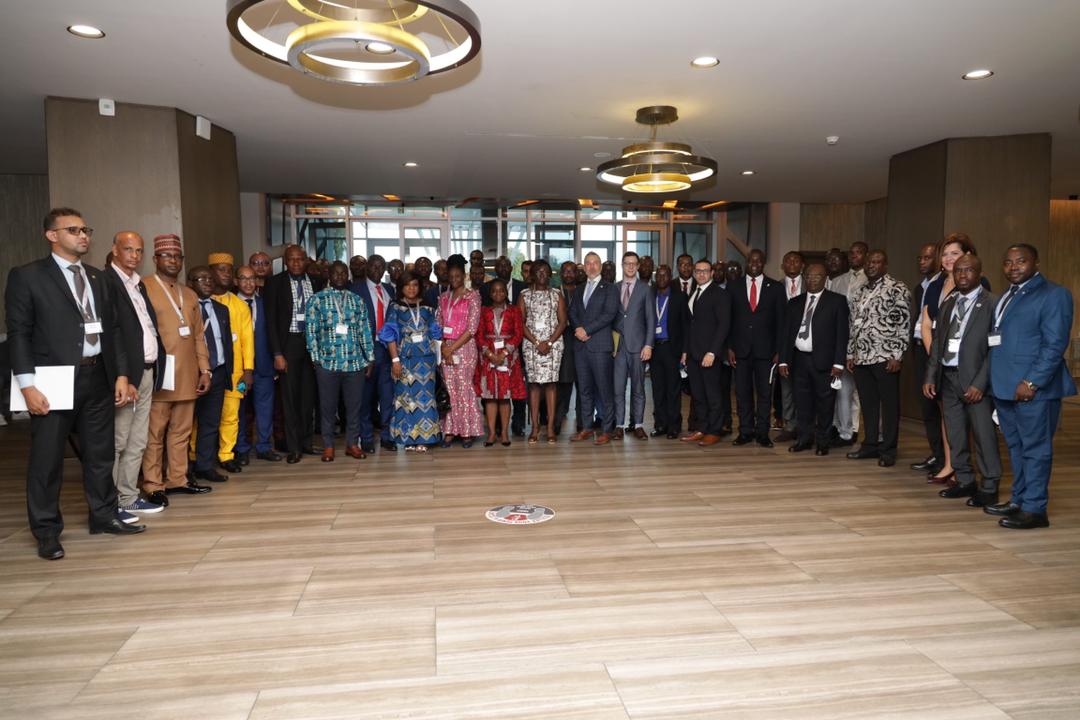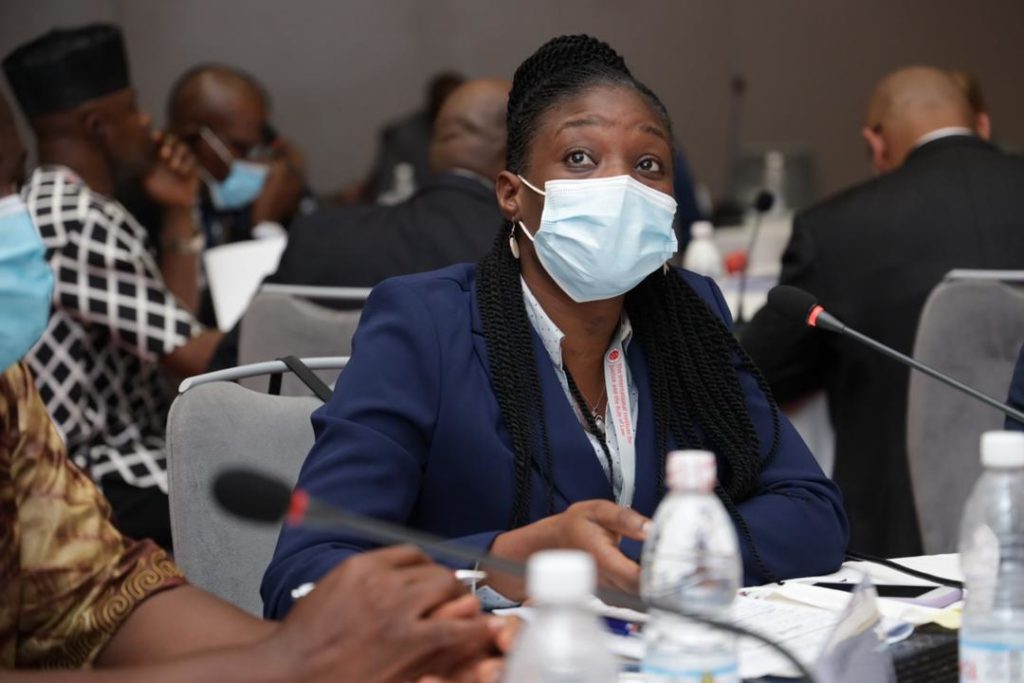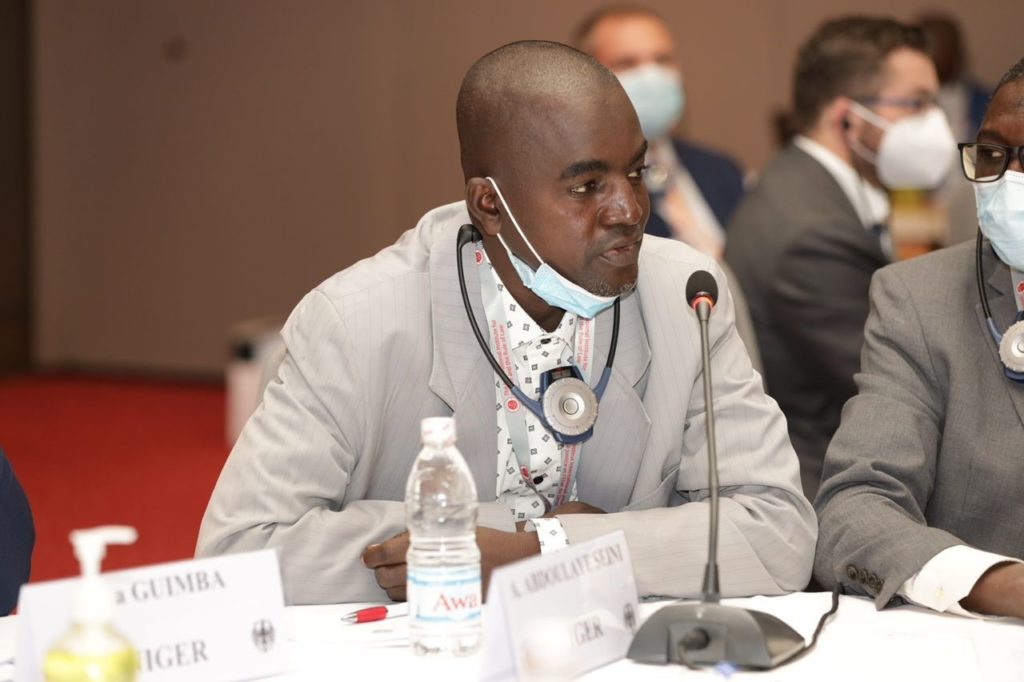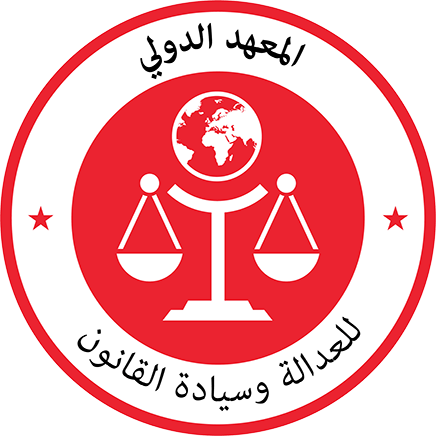
In October, the IIJ convened its first regional workshop on Counter-Terrorism Financing: Designated Non-Financial Business and Professions (DNFBPs) and Counter-Terrorism Financing in West Africa. The workshop was convened in partnership with INTERPOL and with generous funding from the Government of Germany. This three-day in-person workshop brought together more than 40 investigators, prosecutors, judges, financial analysts and officials from DNFBP-supervising entities in 11 West African countries to identify vulnerabilities in the DNFBP sector and potential abuse by terrorism financiers in West Africa.

Representatives of international organisations identified challenges and emerging terrorism financing threats related to DNFBPs and discussed the importance of developing a comprehensive legal and regulatory framework to supervise the operations of DNFBPs in compliance with the Financial Action Task Force Recommendations.
Additionally, participating criminal justice practitioners specialising in counter-terrorism and criminal financial investigations shared good practices and cutting-edge techniques. These included measures to detect, investigate and prosecute terrorist financing and relevant organised crimes where criminal assets and proceeds are channelled through real estate agencies, notaries, other legal professions, precious metals and gemstones trade, as well as the extractive mining industry. The workshop also emphasised the need to build successful public-private partnerships and formal and informal international cooperation by showcasing several case studies from the region and worldwide.
Practitioners applied the good practices and knowledge learned during the workshop in an engaging break out session, which included a hypothetical exercise drafted by subject matter experts.

This important workshop provided practitioners with an opportunity to identify gaps in their national legal and regulatory systems related to DNFBPs and recommendations for development. The IIJ will continue to work with regional partners to assist practitioners to address priorities they identified at the workshop.
For more information on this workshop, please contact the IIJ at info@theiij.org.

